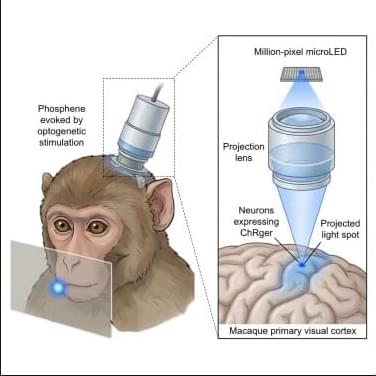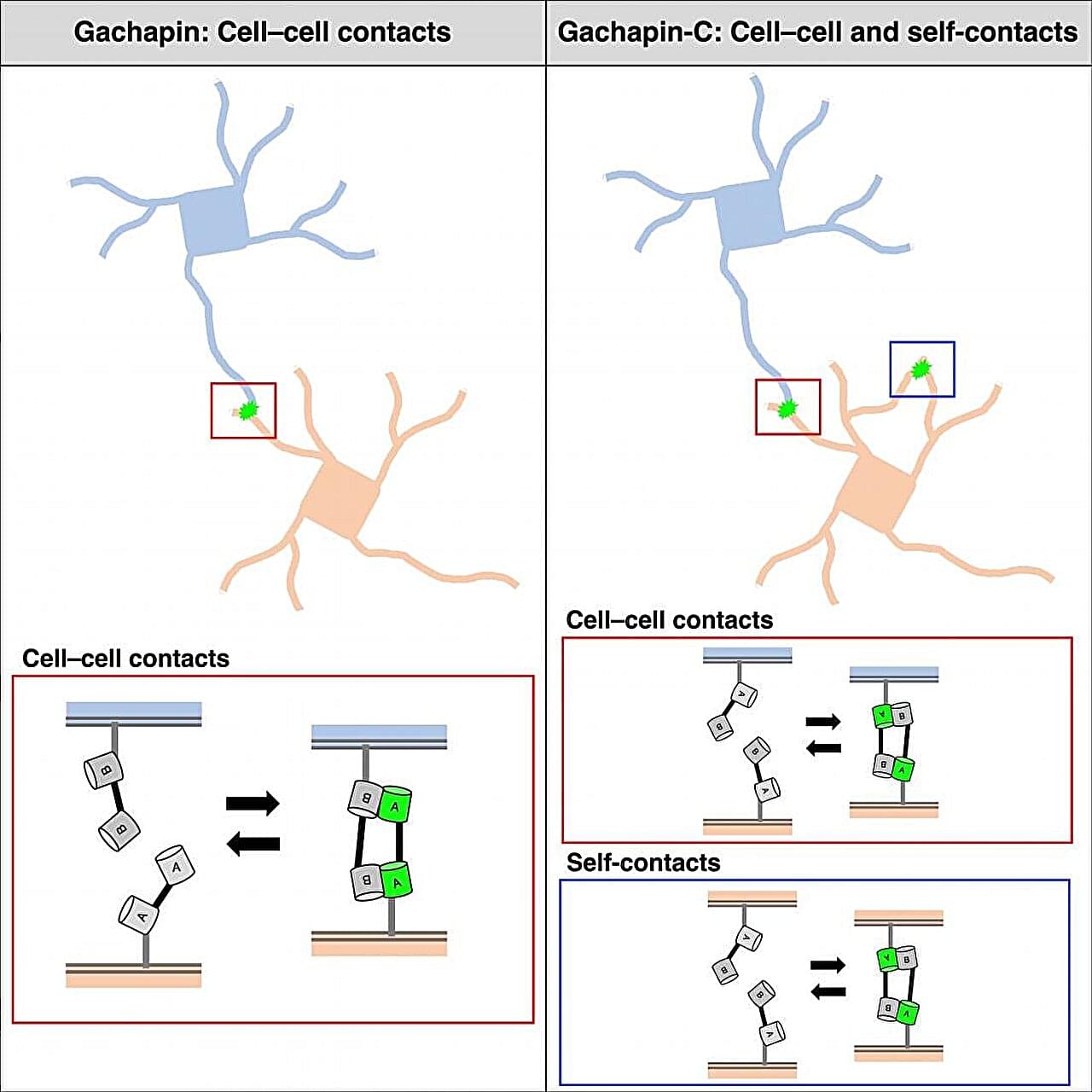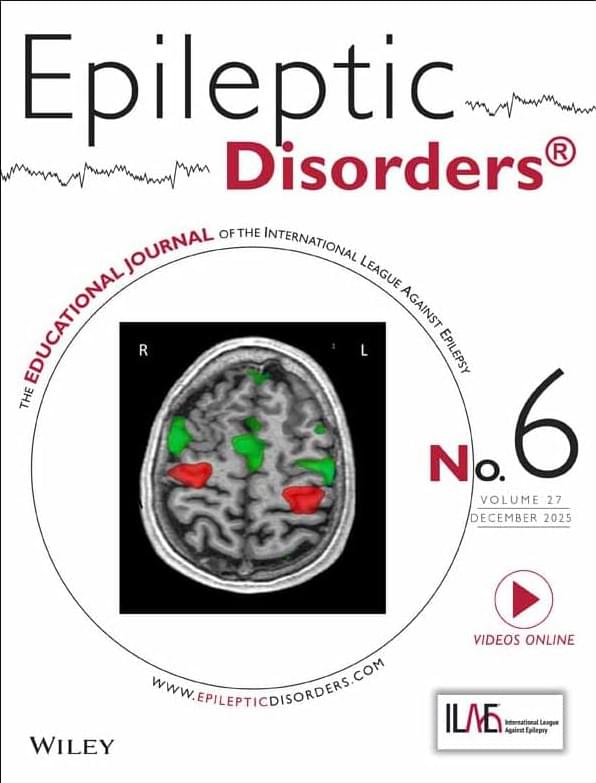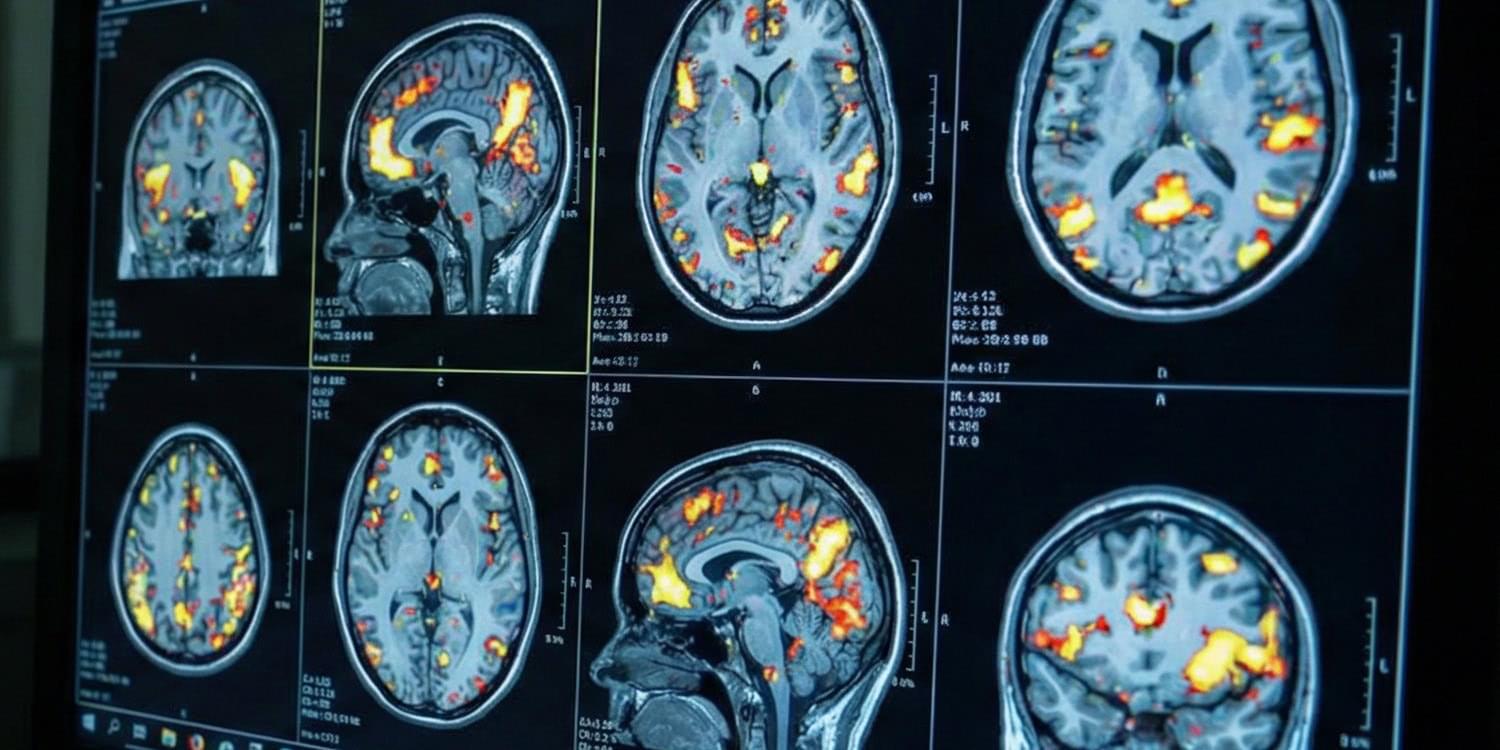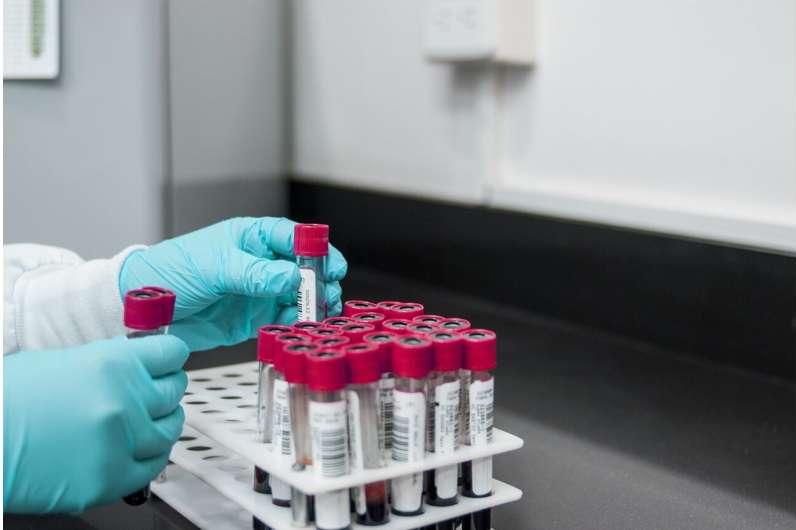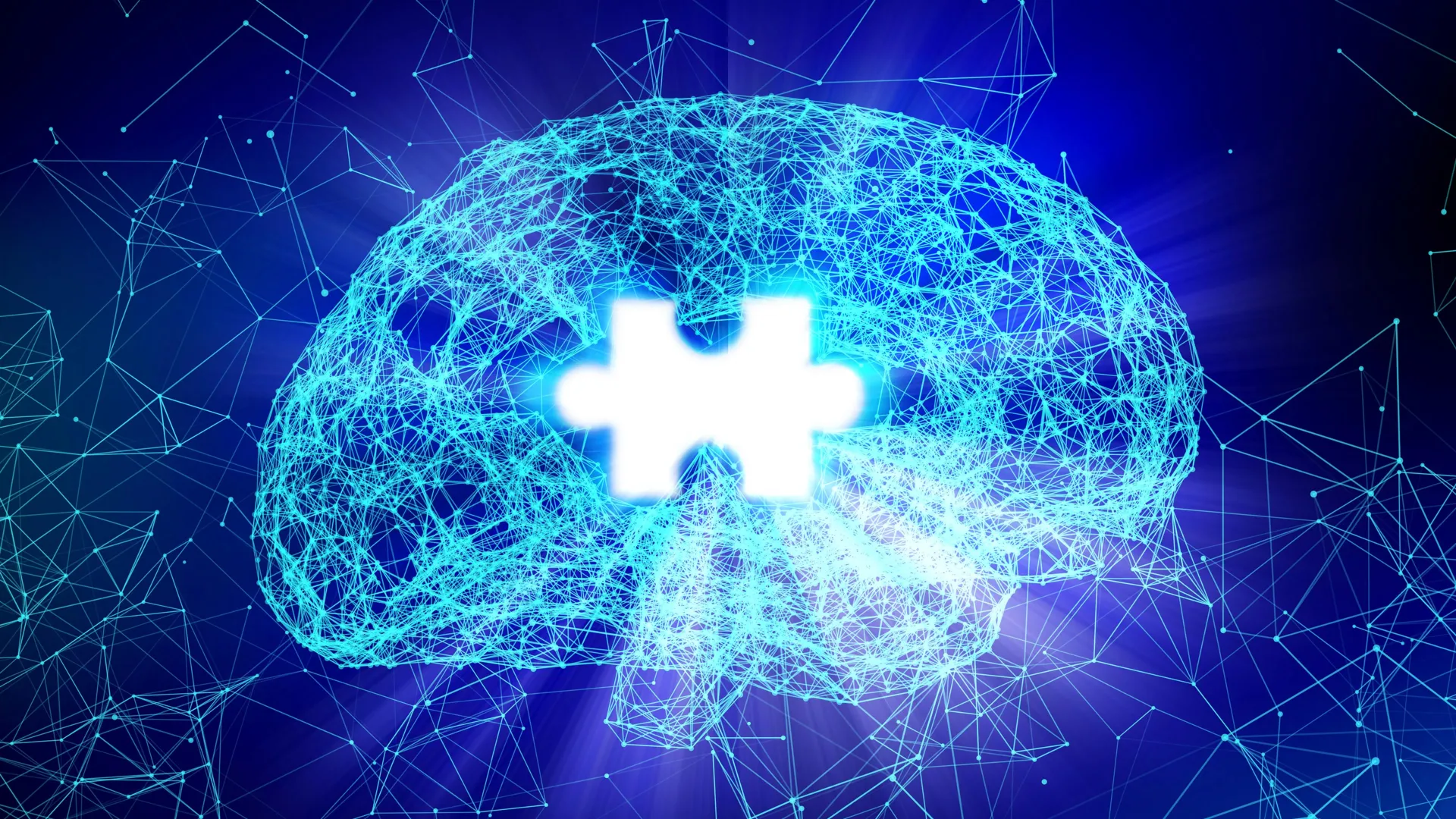NEUNew Maximizing Tumor Resection and Managing Cognitive Attentional Outcomes: Measures of Impact of Awake Surgery in Glioma Treatment by Zigiotto et al at “S. Chiara” University-Hospital, Azienda Provinciale per i Servizi Sanitari, Trento, Italy Congress of Neurological Surgeons (CNS)
including attention. Understanding how AwS and AsS affect attention is crucial, given its pivotal role in supporting various cognitive functions.
METHODS:
We conducted a retrospective analysis on 64 glioma patients treated with AwS or AsS. Attention was assessed with visual search tasks and Trail Making Test Part A before and 1 week and 1 month after surgery. Volumetric T1-weighted and T2/Fluid Attenuated Inversion Recovery MRI sequences before and after surgery were used to delineate the lesion and the surgical cavity. The extent of resection was calculated to determine supramaximal resection for both contrast-enhanced and non–contrast-enhanced tumor regions.
RESULTS:


